Introduction
Nanchang University (NCU) is a comprehensive university listed among the “the Word First-class Disciplines” in the national “Double First-Class” Initiative of China, the only “211 Project” national key university in Jiangxi Province which is co-constructed by the Chinese Ministry of Education and Jiangxi Province, and it is the overall construction university of Jiangxi Province high-level universities construction project.
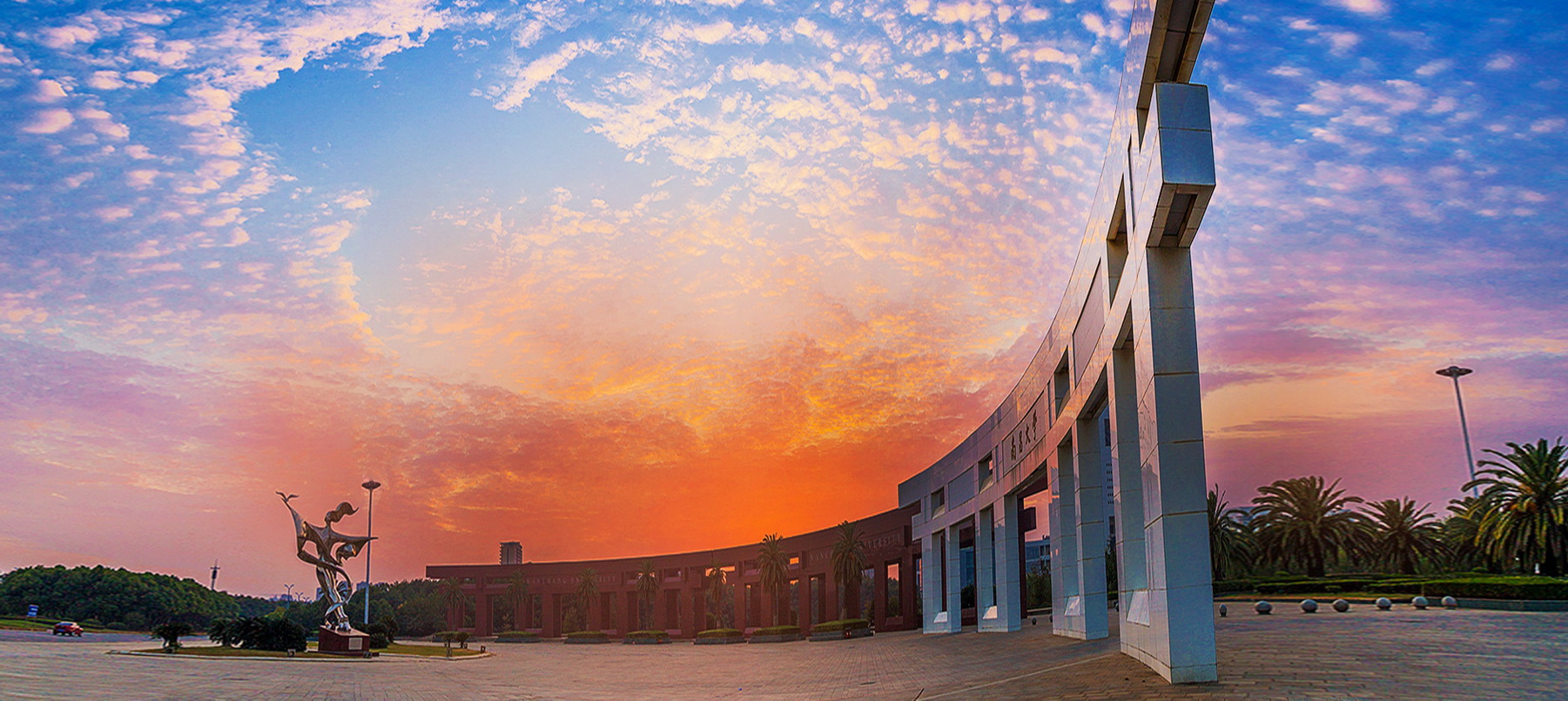
Located in Nanchang, the City of Hero, NCU consists of 4 campuses, which are Qian-Hu main campus, Qingshan-Hu, Dong-Hu, and Poyang-Hu campuses. Among them, the Qianhu main campus has an area of more than 228 hectares and a building area of 1.5 million square meters.
The history of NCU dates from Jiangxi Public Medical College and National Chung-cheng University, which were founded in 1921 and 1940 respectively. In 1993, Jiangxi University merged with Jiangxi Industrial University into Nanchang University, which created a precedent for the reform of the national higher education system. In 2005, NCU and Jiangxi Medical College merged to form the new NCU, unveiling a new page of reform and development. Over the years, leadership of the Central Party Committee and Central Government, the Ministry of Education, Jiangxi Provincial Party Committee, and the Provincial Government have attached great importance to the construction and development of NCU. “Nanchang University has unlimited prospects”, President XI Jinping said when he first visited NCU in October 2008. In February 2016, President Xi visited Nanchang University again and delivered an important speech on the roles of universities played in Scientific Research Innovation and Talent Cultivation. President Xi encouraged NCU to take a developing path of innovation and motivated the students to cherish time and let their dreams extend.
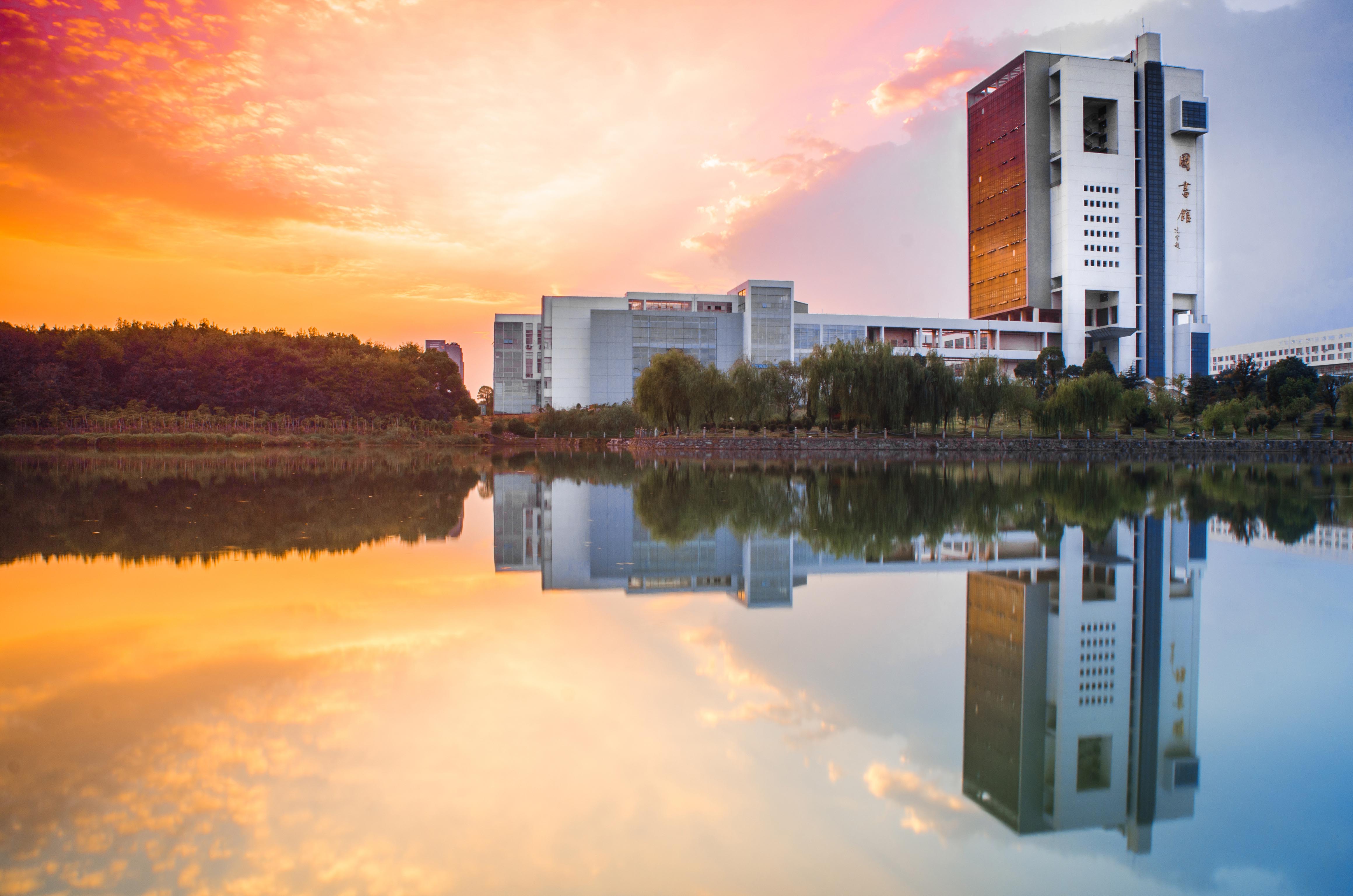
NCU hosts five major faculties which are: Faculty of Humanities, Faculty of Social Sciences, Faculty of Science & Technology (Division I), Faculty of Science & Technology (Division II), and Faculty of Medicine. It has 126 undergraduate programs with 12 subjects categories, 3 national key disciplines, 15 first-level subjects with doctor’s degree authorization,47 first-level subjects with master’s degree authorization, 1 kind of doctor’s professional degree authorization and 29 kinds of master’s professional degree authorization and 11 postdoctoral scientific research stations. NCU has five affiliated hospitals and 9 national clinical key specialist disciplines. The subjects of Chemistry, Clinical Medicine, Agricultural Sciences(mainly food science and engineering), Engineering and Materials Science, Pharmacology, Virology, and other six majors rank among the first 1% of ESI in the world, in which the subjects of Agricultural Sciences (mainly food science and engineering) rank among the first 1.79‰, Clinical Medicine rank among the first 3.7‰ and Chemistry rank among the first 4.8‰ of ESI in the world. In the national fourth-round of subject overall level assessment, the subject of Food Science and Engineering ranks in the 3rd place.

The main campus of NCU has 4,362 staff members (2,524 are full-time teachers, and 1,461 of them have titles of professors and associate professors). Among them, there are 1 Academician of CAS, 4 Dual-Employed Academicians, 2 chief scientists of the national “973 Project”, 7 leading talents of “Ten-thousand Talents Plan”, 1 top-notch talent of “Ten-thousand Talents Plan”, 5 recipients of the National Science Fund for Distinguished Young Scholars, 5 innovative talents of 1000 Talent Plan for High-Level Foreign Experts, 4 young talents of 1000 Talent Plan for High-Level Foreign Experts, 2 recipients of the National Science Fund for Excellent Youth Scholars, 5 accredited professors of “ Yangtze River Scholars” Program, 1 chair professors of “ Yangtze River Scholars” Program, 1 member of 100 Talent Plan of CAS, 1 laureate of National Outstanding Doctoral Dissertations as supervisor, 13 members of the “National Hundred, Thousand and Ten Thousand Talents Project”, 1 academician of International Academy of Food Science, 1 member of Discipline Evaluation Group of the Academic Degrees Committee of the State Council, 2 committees of Science and Technology Commission, 3 leading talents of National Ministry of Science and Technology, 12 members of New Century Excellent Talents Support Project. NCU insisting in the principle of talents cultivation oriented, bearing in mind the fundamental mission of the admiration of morality and perfection of personality, as the fundamental criterion for all. In recent years, a batch of models advocating teachers’ ethics with dedication spring up in NCU, represented by Zou Defeng, winner of the Florence Nightingale Medal, Jiang Fengyi, National Outstanding Communist Party Member, and Professor Wang Yu, Model Teacher in Jiangxi Province.
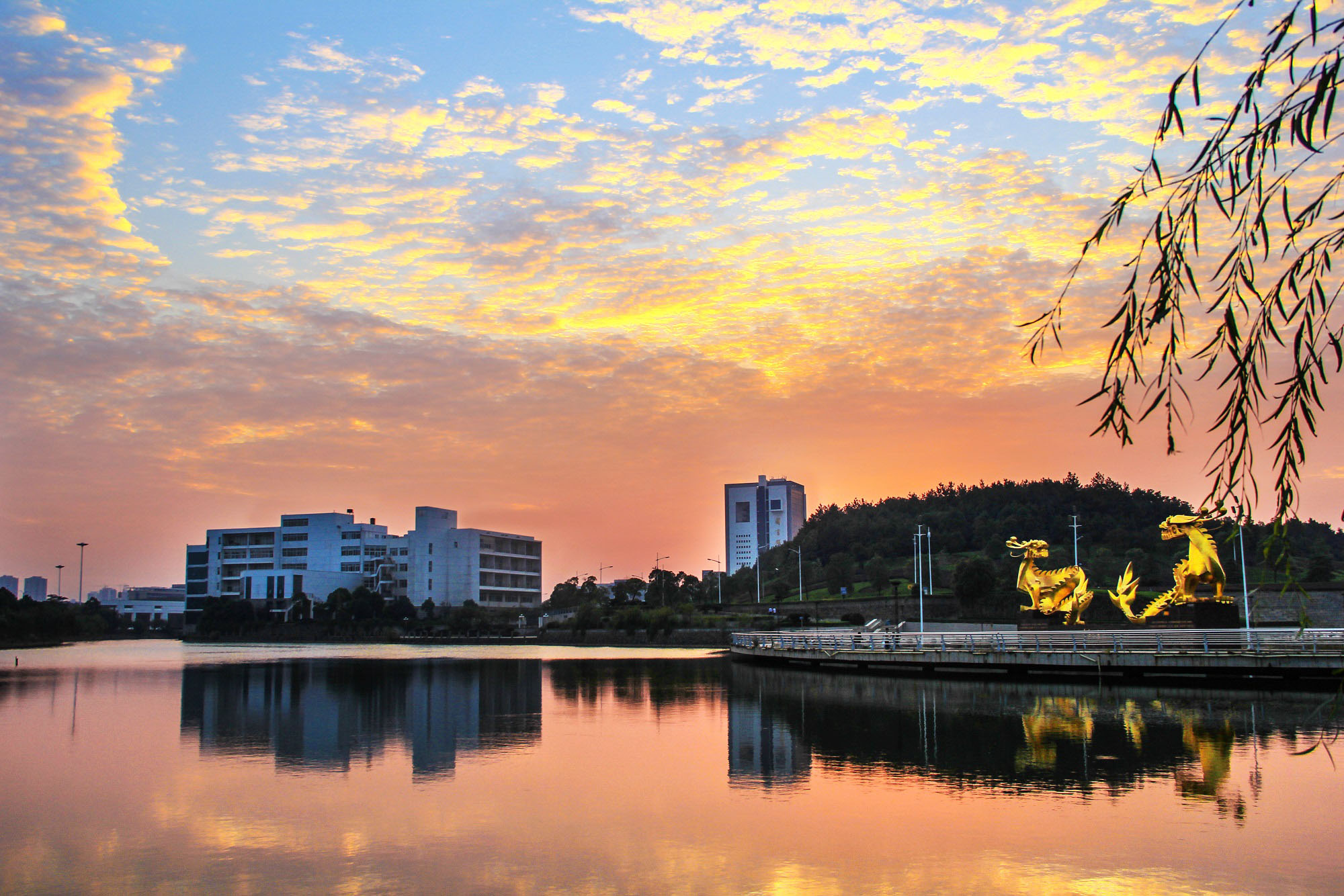
The main campus of NCU has 34,759 full-time undergraduates, 14,980 postgraduates of all kinds, and 1,492 oversea students. NCU actively explores the innovative mode for cultivating top-notch talents, having established “Jiluan Academy” to promote the reform of cross-disciplinary and cross-schools talent cultivation. NCU attaches great importance to the reform and research of education and teaching and has won state-level teaching achievements higher education. In 2018, NCU made significant progress in the National Graduate Party-Building "Double Hundred" Campaign organized by the Ministry of Education, and one of the few universities who selected as one of the "100 Model Party branches for Graduate Students" and one of the "100 Model Party members for Graduate Students" at the same time. Since its establishment, NCU has cultivated more than 400,000 outstanding talents and made important contributions to the national and local economic construction and social progress.
With a solid school-running foundation, NCU is listed in the outstanding university for the undergraduate teaching level assessed by the China Ministry of Education. There is 1 national teaching master, 1 teaching master of "ten thousand people plan", 1 state-level teaching team, 1 state-level bilingual teaching model course, 2 state-level quality courses, 1 state-level brand course taught in English, 4 state-level quality video open courses, 2 state-level quality resources sharing courses, 10 state-level online open courses, 3 state-level major comprehensive reform pilot projects, 9 kinds of “12th five-year plan” state-level planned textbooks, 9 state-level characteristic majors, 2 state-level virtual simulation experimental teaching centers, 5 national experimental teaching model centers, 2 state-level college students’ off-campus practice education bases, 4 state-level engineering practice education center, and 14 state-level prominent talents education cultivation program majors for the undergraduate program. NCU is one of the first group of demonstration universities which deepen innovation and entrepreneurship education reform. NCU is a master node unit in Jiangxi of CERNET of Ministry of Education and is the only higher institution participating in China's next generation of internet demonstration project CNGI construction in Jiangxi.

NCU now has 1 national key laboratory, 1 national engineering technology research center, 2 national international cooperation bases, 1 national demonstrative international science and technology cooperation base, 1 China- Canada food science and technology collaborative laboratory (Nanchang), 1 key research base of humanities and social sciences of Ministry of Education, 1 national research base of innovative development of red tourism, 1 national training and research center for ideological and political work teams in universities, 2 key laboratories of Ministry of Education, 3 herringbone research centers of Ministry of Education, 1 national standard university technology zone, 9 Jiangxi provincial collaborative innovation centers, 2 "5511" major science and technology innovation cultivation platforms, 68 provincial and ministerial-level science and technology platforms. In 2019, NCU has approved 282 national natural science foundation projects, with direct funds first breaking through 106.4 million yuan, the number of projects ranking in the 27th place in China, among of which are 1 key foundation program and 1 key foundation program passed the panel. NCU won 19 approved projects funded by the National Social Science Fund, including 2 key projects and 1 special project on the rare "lost knowledge" and the history of other countries. NCU won 1 first-class project of the National Network Information Office.

NCU keeps enhancing the coordinated innovation capability, having obtained a batch of original, symbolic, and characteristic scientific research achievements. The project of Professor Jiang Fengyi’s team, “silicon substrate high photosynthetic efficiency GaN-based Blue LED”, won the only first prize for national technological invention in 2015, which was the first time that a local higher institution winning the first prize since the national science and technology prize was established, and it is boosting Jiangxi to build “Nanchang Optical Valley”. The high-level scientific research theses of NCU made breakthroughs and were successively published in Science, Nature subordinated journal, and Cell Stem Cell. NCU also carries out all-round multi-level cooperation with governments, enterprises and public institutions promote the transformation of scientific and technological achievements, and boosts the close combination of government, industry, university, and research.
NCU is the Member of the China-Central Eastern European Countries Higher Education Institutions Consortium, one of the Founding Universities South Asia-Southeast Asia University Association, Member of the Eurasia-Pacific UNINET, a Standing Council Unit of China Education Association for International Exchange, member of Yangtze Volga University Alliance, demonstration base of China Ministry of Education for studying in China, the National Advanced Internet-based Test Site of HSK, Strategic partner of Chinese Service Center for Scholarly Exchange(CSCSE). NCU attaches great importance to international exchange and cooperation. It has maintained stable exchanges and cooperative relationships with about 170 universities and research institutions in over 40 countries and regions. We have established the Sino-Canada Joint Laboratory of Food Science and Technology (Nanchang), the International Science and Technology Cooperation Base on Food Safety, the International Food Innovation Research Institute, the International Materials Innovation Research Institute, and the first Russian language center in Jiangxi Province with Russian partners. NCU has co-established 4 Confucius Institutes and 2 Confucius Classrooms respectively in France, Spain and Indonesia, and established a Chinese Language Research Center in Russia. With enlarging international cooperation and exchange, more than 4,000 students of NCU have joined international exchange programs to study overseas.
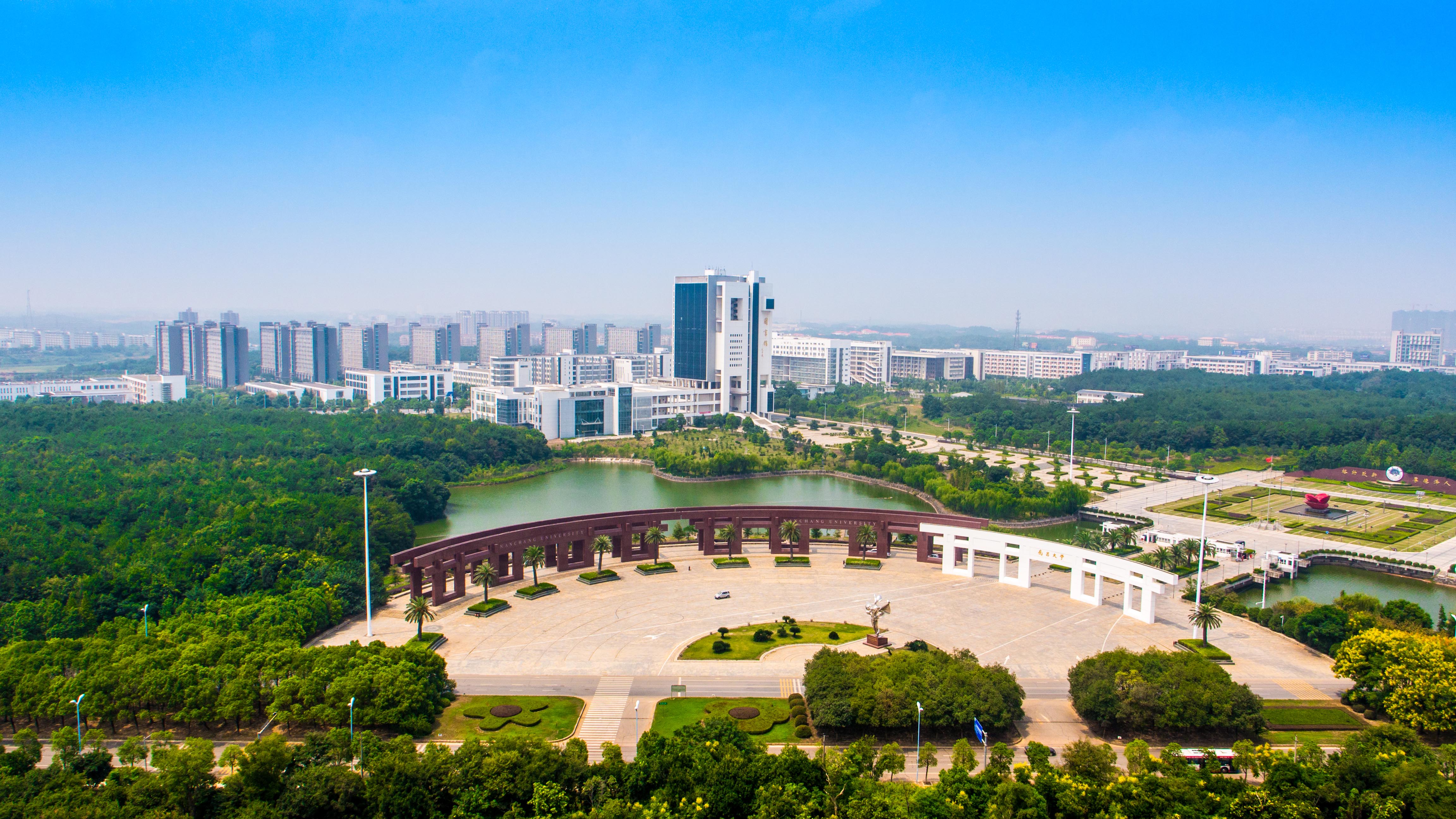
In the new era of historical development, NCU persists in fostering virtue through education as its foundation, opening the new journey for the construction of a high-level university in the new era, striving to upgrade to a new state of running schools and serving the country and local areas, creating a new situation of "giving priority to the development of education, emphasizing the leading place of innovation, driving by cooperation and construction, tackling difficulties through reform and renovation, thriving the university with solid work, and enhancing the quality to the first level", to write the new chapters of the glories of the construction of the high-level university.
Show less

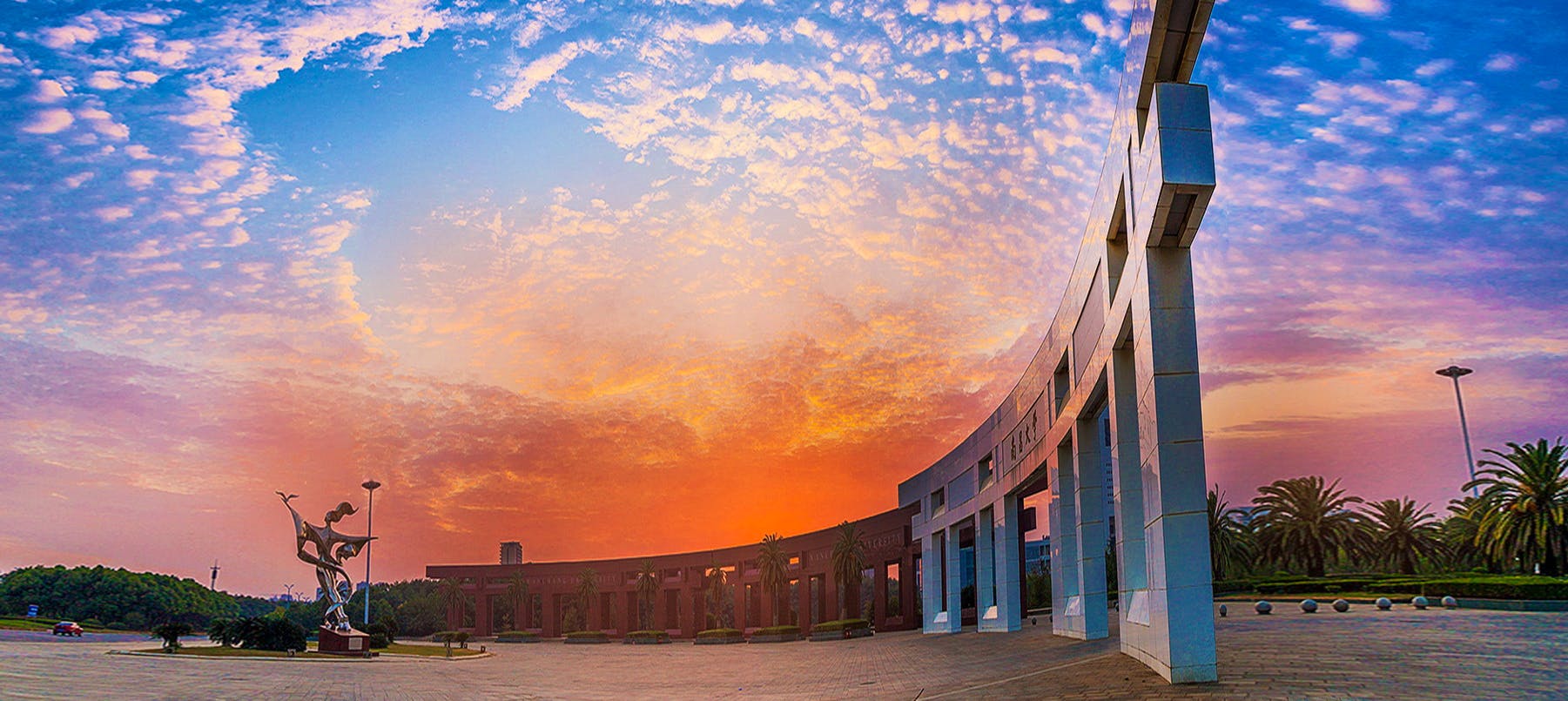
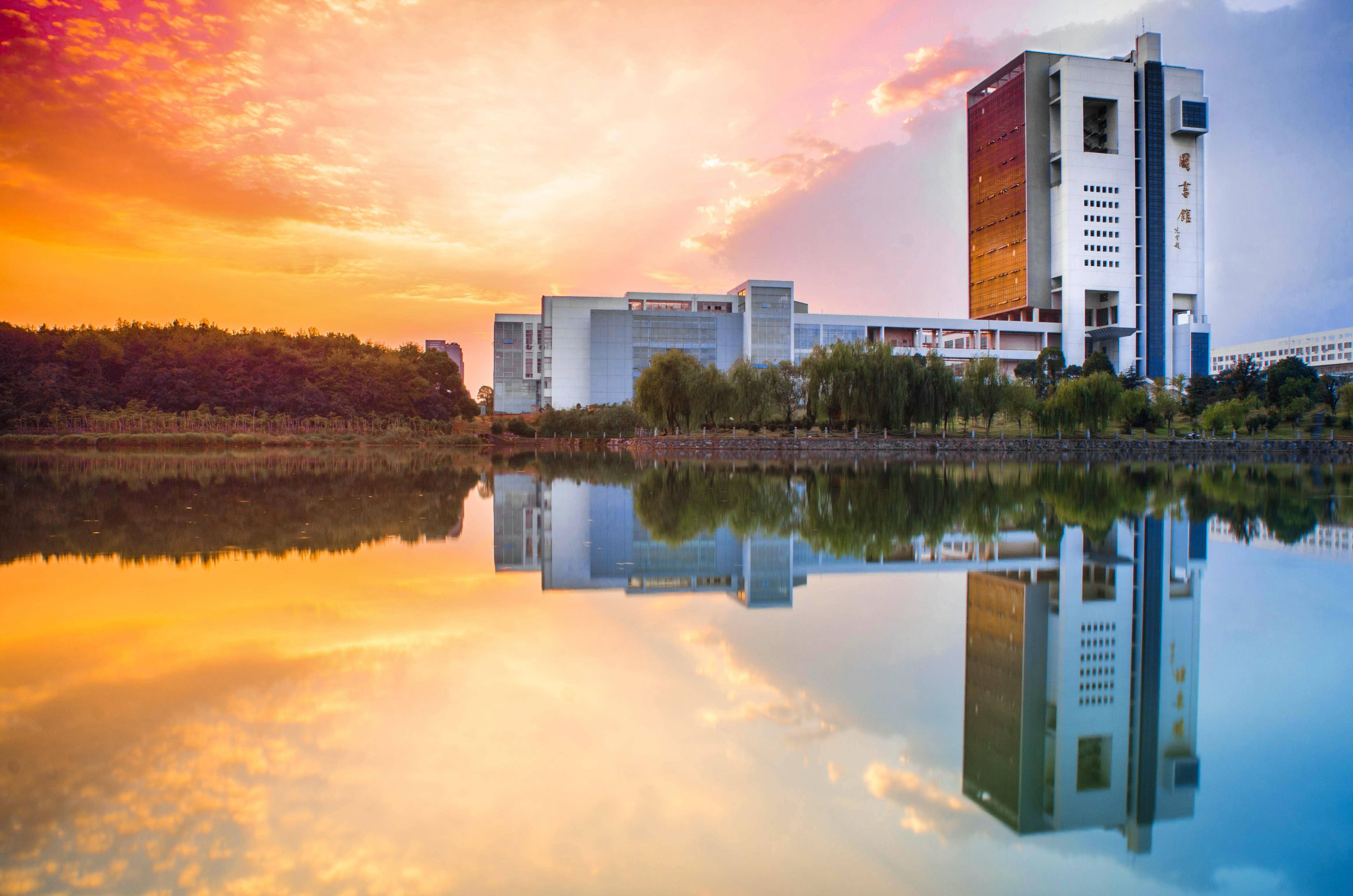

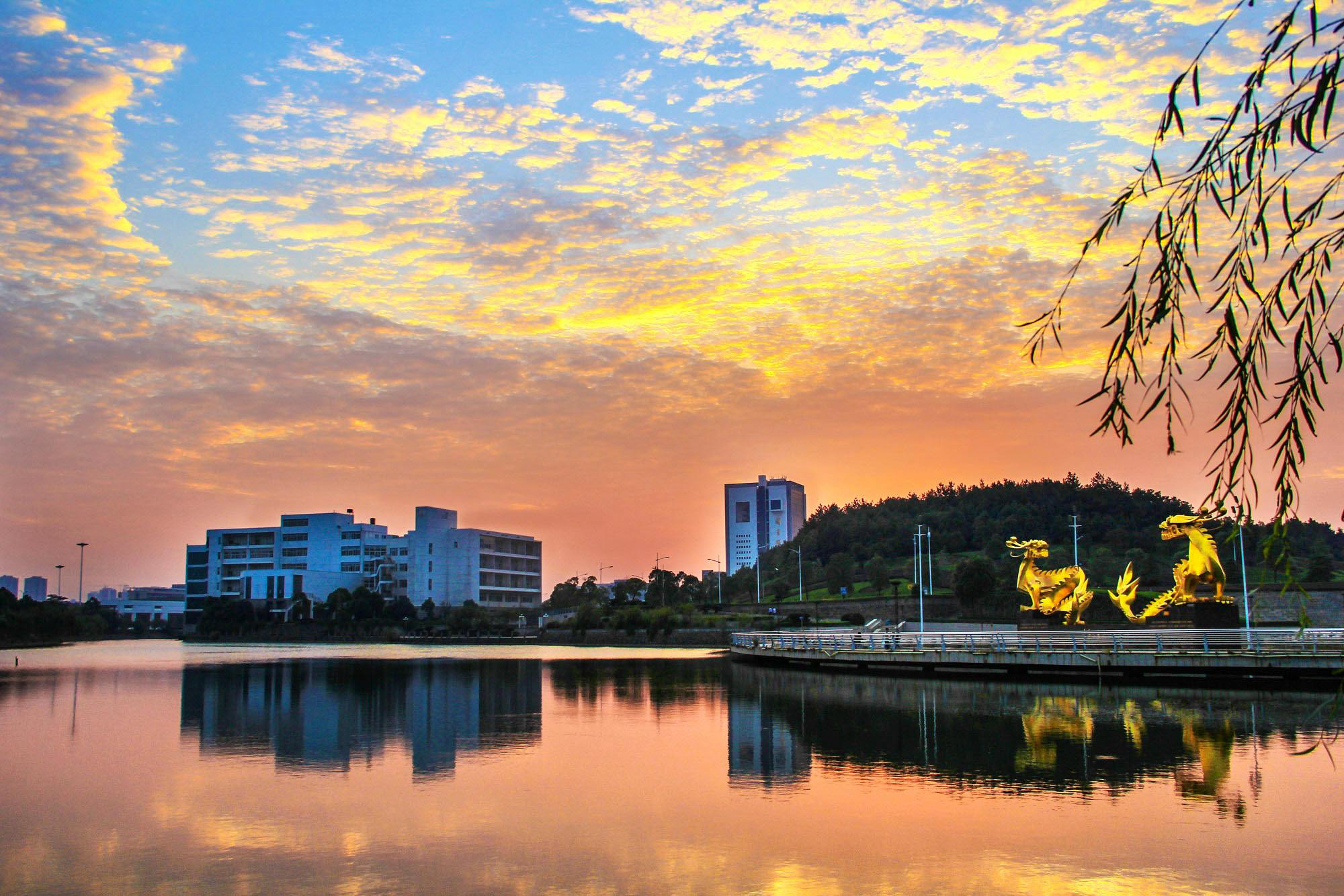
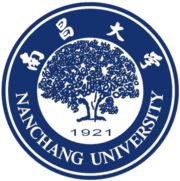







.png)
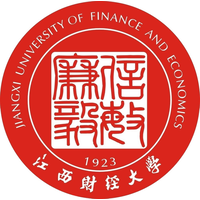
.png)





